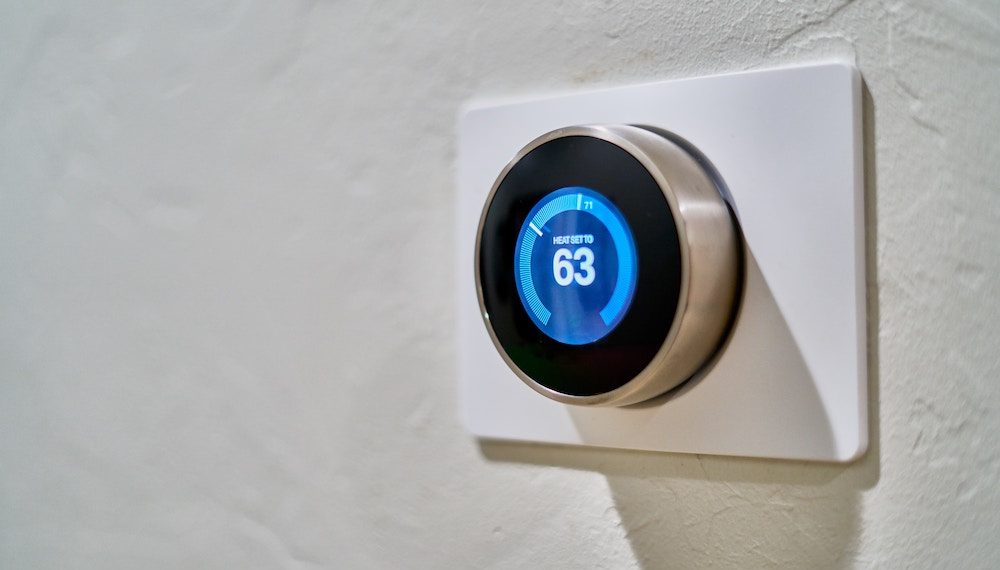What do you think is the key to a good night s sleep? Most people will tell you that the answer is the quality and comfort of their mattress. While this is highly important, it is not the only thing to consider when making sure you sleep like a baby each and every night.
Did you know your body and room temperature also play a critical part in helping you fall asleep? And not just fall asleep, but also stay asleep through the night.
So, what is the best room temperature for sleeping? Before we answer that, let s start at the top with why temperature is important.
How does Temperature impact sleep?
Your core body temperature obviously changes during the afternoon, reaching its highest point during the late afternoon, before it starts to cool down and prepare your body for sleep.
This cool down in temperature signals to your brain that it is time to get ready for bed and kickstart melatonin production. Melatonin is the hormone responsible for regulating your sleep patterns. It’s no coincidence that the nightly fall in body temperature begins after sunset, as our sleep-wake cycle is ordered by our circadian rhythms (the 24-hour internal body clock which revolves around the sun).
Maintaining a constantly cool bedroom temperature is vital for easing the body’s natural heating process and ensuring an uninterrupted night of restful sleep.
What’s the best room temperature for sleeping?
We have all been there, right before bed, you and your partner bicker over the thermostat setting. Well if you re on the side of keeping it cooler, we have just the evidence you need to win the best room temperature for sleeping battle.
The best room temperature for sleeping is 60 to 67 degrees Fahrenheit (or 15 to 19 degrees Celsius)
However, to accurately answer the question of what is the best bedroom temperature for sleeping, you must first consider your age. For babies and toddlers, the ideal temperature is between 65 and 70 degrees. Adult bodies can process cooler temperatures better and therefore the ideal temperature range is between 60 and 67 degrees.
Why is Temperature Important for Sleep?
It is important to get your bedroom temperature just right. Consider yourself the Goldie Locks of temperature, you want it just right. A cooler temperature helps your body maintain a constant temperature, preventing night sweats and sleepless nights in general.
But be careful. If it’s too cold, your body must expend more energy warming you up, which means you are going to have a more difficult time falling and staying asleep.
What is the Best Bedroom Temperature for Sleeping?
Experts agree that temperatures over 75 or below 54 degrees can interfere with sleep quality.
How do you find the best bedroom temperature for sleeping? Adjust your thermostat within the recommended range to see what makes you comfortable enough to sleep. It might take some trial and error, but the upfront testing will be worth it in the end.
Things that might affect your best room temperature for sleepinginclude:
1. Does your body naturally run hot or cold?
2. Does your mattress or topper have temperature regulation functionality?
3. What type of clothing do you wear to bed?
And the Winner is Cooler temperatures are better for sleep
Sleeping in the recommended cool temperature can help you fall asleep faster, enjoy more restful sleep, prevent particular types of insomnia, and enhance your metabolism. Not to mention make sure your partner sleeps soundly as well because they have to deal less with your constant tossing and turning.
Cool temperatures facilitate better-quality REM and deep sleep, each of which are critical to healthy daytime functioning. Throughout REM sleep, you encounter dreams, while your brain is consolidating memories. Back in deep sleep, your body restores and fixes your muscles and tissue. Maintaining your body cooler may lead to more time spent in deep sleep, even while a too-hot environment can actually reduce time spent in deep sleep and also result in significantly less sleep all around.
Helpful Temperature Tips:
In order to keep your bedroom temperature constant through the night, following these handy recommendations:
- Keep your bedroom windows shut during the night, as the exterior temperature may fluctuate and change the consistency of your bedroom temperature.
- Keep blinds and curtains closed to block out sunlight and its related warmth. You want to also keep your bedroom as dark as possible to form proper and restful sleeping habits. Don t have blinds, consider wearing an eye-mask to keep out the light.
- Contemplate wearing socks to bed. By keeping your hands and feet warm, youprotect your blood vessels so that they can better redistribute heat through your body.
Best Room Temperature for Sleeping Final Thoughts:
In conclusion, it s clear that darkness and coolness are two of the most important factors for a good night’s sleep. However, there are many other factors that can influence your sleep. These can include the paint color on your bedroom walls to the quality and comfort of your mattress to the types of bedding and pillows your use. If you commit to finding the right temperature and considering all of the other elements to restful sleep, you will be sleeping like a baby in no time.






